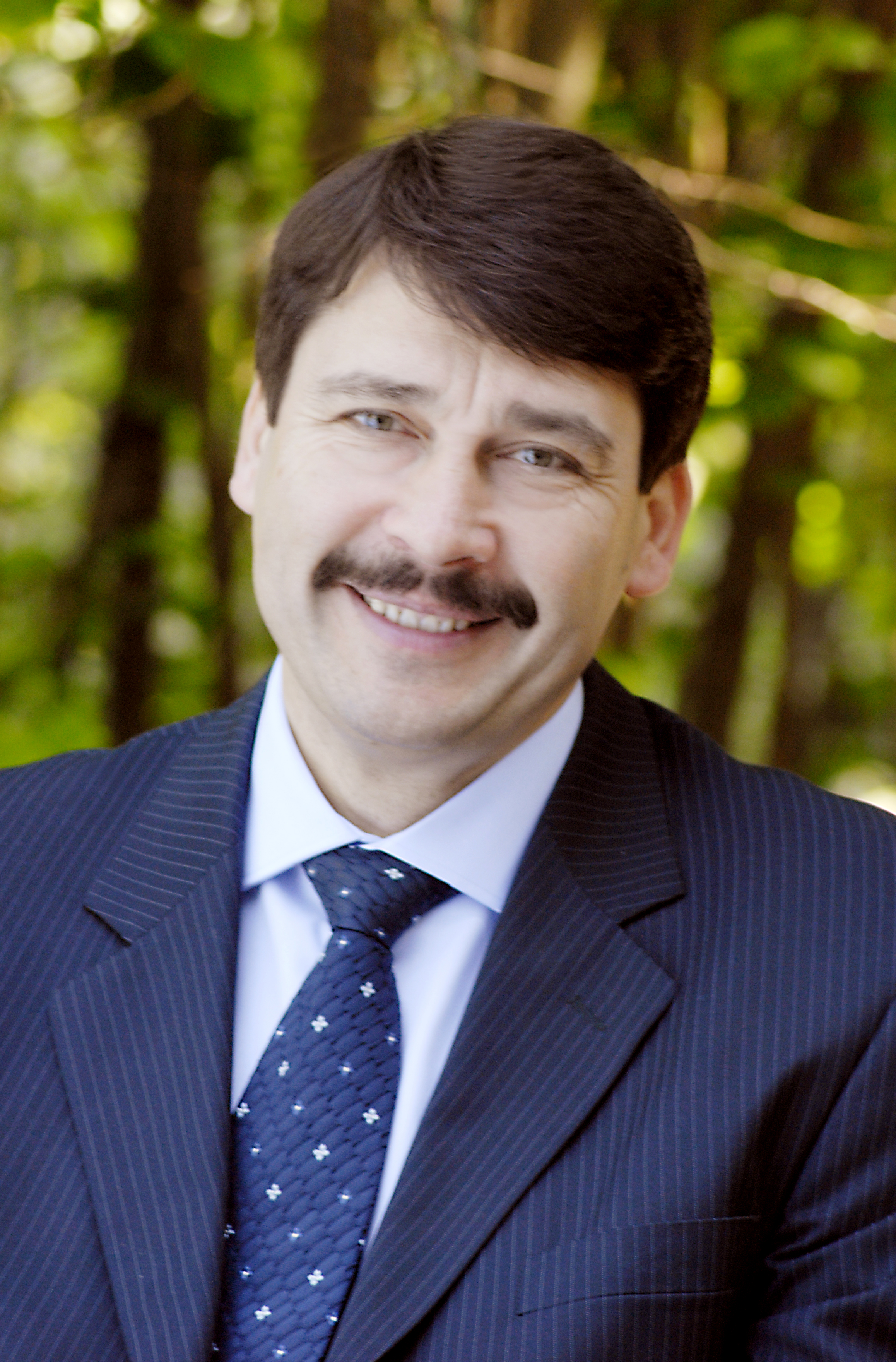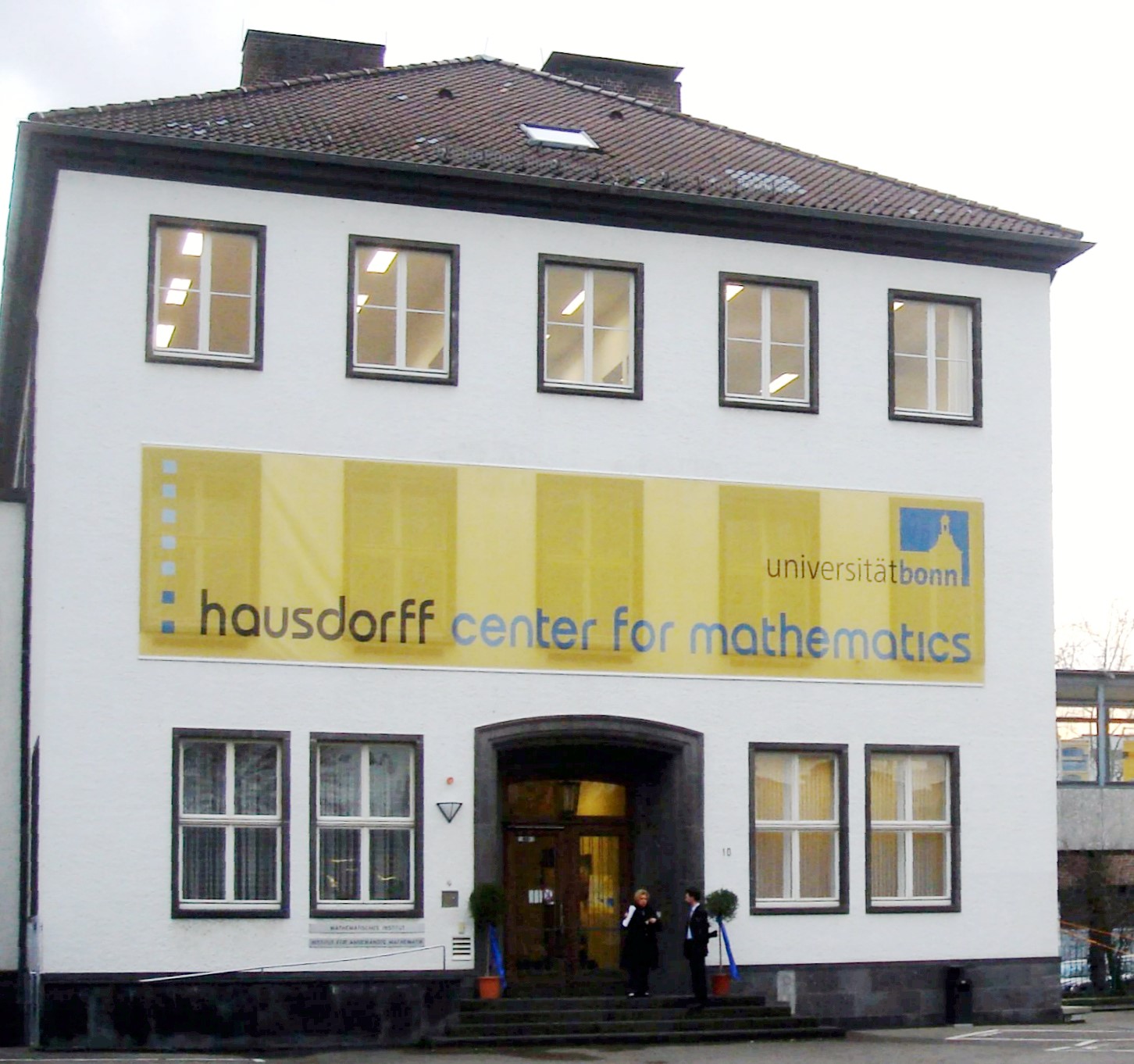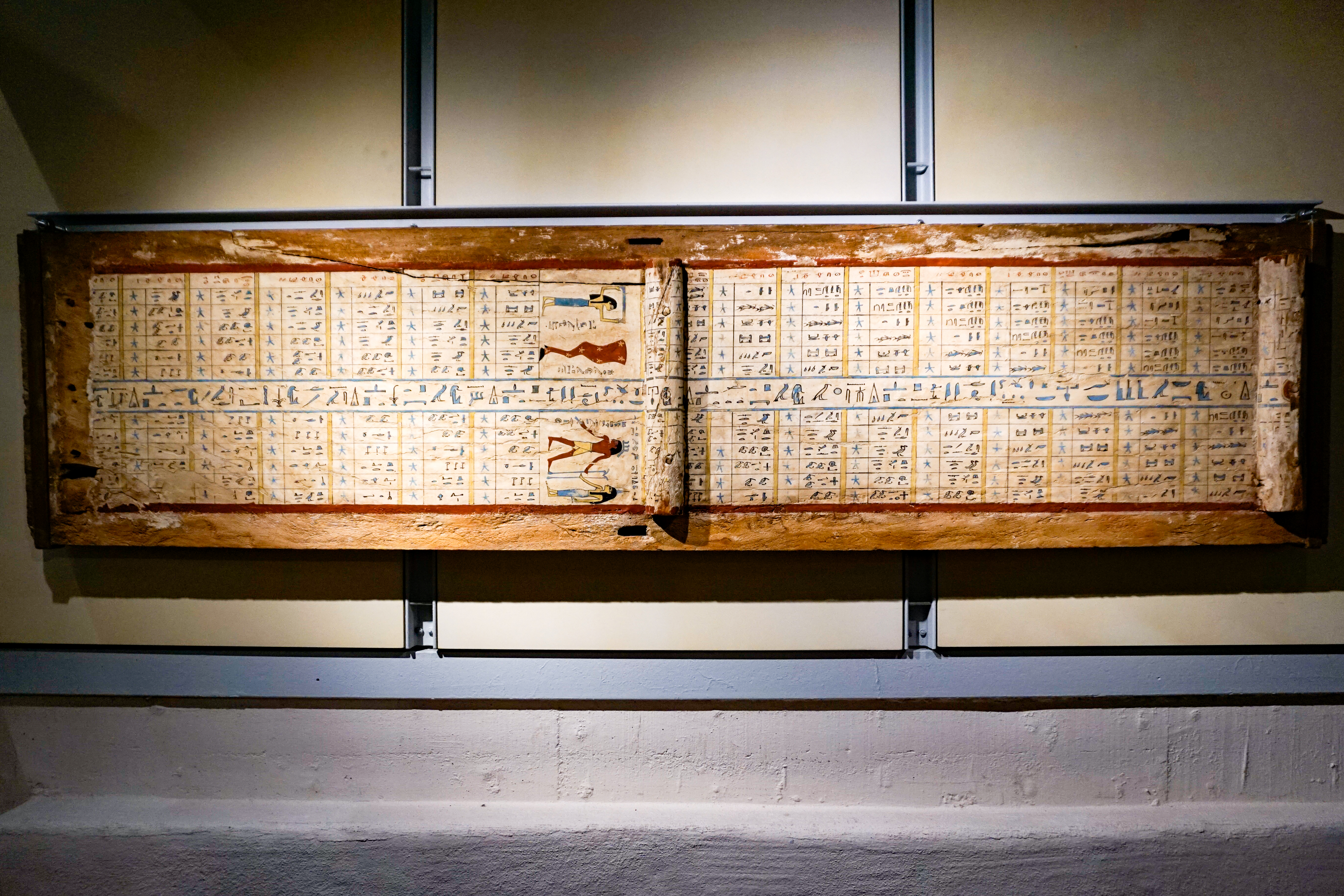|
Zoltán Balog (bishop)
Zoltán Balog (born 7 January 1958) is a Hungarian Reformed bishop and former politician who served as Hungary's Minister of Human Resources from 2012 to 2018. He is the bishop of the Dunamellék diocese of the Hungarian Reformed Church since 25 January 2021. He served as president of the synod of the Hungarian Reformed Church from 17 February 2021 until his resignation in the wake of a political scandal on 16 February 2024. Studies and pastoral activity Zoltán Balog was born in Ózd on 7 January 1958. He was a volunteer in the post-WW2 renovation works of church buildings in Wittenberg, Goppeln and Dresden. He was an extramural student of Protestant theology at the Humboldt University in East Berlin in 1980. He finished his secondary studies at the Calvinist College of Debrecen in 1976. He worked as mechanical worker and turner for the Diósgyőr Machine Factory (DIGÉP) between 1976 and 1977. He was a caretaker at the Catholic Social Home of Hosszúhetény from 1979 to 1980. ... [...More Info...] [...Related Items...] OR: [Wikipedia] [Google] [Baidu] |
2006 Hungarian Parliamentary Election
Parliamentary elections were held in Hungary on 9 April 2006, with a second round of voting in 110 of the 176 single-member constituencies on 23 April.Dieter Nohlen & Philip Stöver (2010) ''Elections in Europe: A data handbook'', p 900 The Hungarian Socialist Party (MSZP) emerged as the largest party in the National Assembly with 186 of the 386 seats, and continued the coalition government with the Alliance of Free Democrats (SZDSZ). It marked the first time a government had been re-elected since the end of Communist rule. BBC News, 26 April 2006 To date, this is the most recent national election in Hungary not won by Fidesz-KDNP, and the last in which the victorious party did not win a [...More Info...] [...Related Items...] OR: [Wikipedia] [Google] [Baidu] |
Dresden
Dresden (; ; Upper Saxon German, Upper Saxon: ''Dräsdn''; , ) is the capital city of the States of Germany, German state of Saxony and its second most populous city after Leipzig. It is the List of cities in Germany by population, 12th most populous city of Germany, the fourth largest by area (after Berlin, Hamburg, and Cologne), and the third-most populous city in the area of former East Germany, after Berlin and Leipzig. Dresden's urban area comprises the towns of Freital, Pirna, Radebeul, Meissen, Coswig, Saxony, Coswig, Radeberg, and Heidenau and has around 790,000 inhabitants. The Dresden metropolitan area has approximately 1.34 million inhabitants. Dresden is the second largest city on the River Elbe after Hamburg. Most of the city's population lives in the Dresden Basin, Elbe Valley, but a large, albeit very sparsely populated, area of the city east of the Elbe lies in the West Lusatian Hill Country and Uplands (the westernmost part of the Sudetes) and thus in Lusatia. ... [...More Info...] [...Related Items...] OR: [Wikipedia] [Google] [Baidu] |
2017 Hungarian Presidential Election
An indirect presidential election was held in Hungary on 13 March 2017. János Áder was elected with an absolute majority for a second term. Background Following the outbreak of a controversy surrounding his 1992 doctoral dissertation, President Pál Schmitt announced his resignation to the National Assembly on 2 April 2012. Fidesz politician and incumbent MEP János Áder was elected on 2 May to a five-year term by a vote of 262–40,Kuli, Alex. "Hungary Elects Orban Ally as New President." ''Associated Press.'' 2 May 2012. and assumed office on 10 May 2012."Hungary: Janos Ader Replaces Pal Schmitt as President." BBC.co.uk. 2 May 2012. Accessed 2012-05-04. Since 2012, several journalists and political scientists had assumed that |
Fidesz
Fidesz – Hungarian Civic Alliance (; ) is a national-conservative political party in Hungary led by Viktor Orbán. It has increasingly identified as illiberal. Originally formed in 1988 under the name of Alliance of Young Democrats () as a centre-left and liberal activist movement that opposed the ruling Marxist–Leninist government. It was registered as a political party in 1990, with Orbán as its leader. It entered the National Assembly following the 1990 parliamentary election. Following the 1998 election, it successfully formed a centre-right government. It adopted nationalism in the early 2000s, but its popularity declined due to corruption scandals. It was in opposition between 2002 and 2010, and in 2006 it formed a coalition with the Christian Democratic People's Party (KDNP). Fidesz won a supermajority in the 2010 election, adopted national-conservative policies, shifted further to the right and became Eurosceptic. The 2011 adoption of a new Hungarian co ... [...More Info...] [...Related Items...] OR: [Wikipedia] [Google] [Baidu] |
National-conservative
National conservatism is a nationalism, nationalist variant of conservatism that concentrates on upholding National identity, national and cultural identity, communitarianism and the public role of religion. It shares aspects of traditionalist conservatism and social conservatism, while departing from economic liberalism and libertarianism, as well as taking a more pragmatic approach to regulatory economics and protectionism. It opposes the basic precepts of The Englightenment, enlightenment Classical liberalism, liberalism such as individualism and the universality of human rights, and in America and Europe is majoritarian populist. National conservatives usually combine conservatism with nationalist stances, emphasizing cultural conservatism, family values and opposition to illegal immigration or opposition to immigration per se. National conservative parties often have roots in environments with a rural, traditionalist or peripheral basis, contrasting with the more urban suppor ... [...More Info...] [...Related Items...] OR: [Wikipedia] [Google] [Baidu] |
University Of Bonn
The University of Bonn, officially the Rhenish Friedrich Wilhelm University of Bonn (), is a public research university in Bonn, North Rhine-Westphalia, Germany. It was founded in its present form as the () on 18 October 1818 by Frederick William III, as the linear successor of the () which was founded in 1777. The University of Bonn offers many undergraduate and graduate programs in a range of subjects and has 544 professors. The University of Bonn is a member of the U15 (German universities), German U15 association of major research-intensive universities in Germany and has the title of "University of Excellence" under the German Universities Excellence Initiative. Bonn has 6 Clusters of Excellence, the most of any German university; the Hausdorff Center for Mathematics, the Matter and Light for Quantum Computing cluster, Bonn Center for Dependency and Slavery Studies, PhenoRob: Research for the Future of Crop Production, the Immune Sensory System cluster, and ECONtribute: M ... [...More Info...] [...Related Items...] OR: [Wikipedia] [Google] [Baidu] |
Conference Of European Churches
The Conference of European Churches (CEC) was founded in 1959 to promote reconciliation, dialogue and friendship between the churches of Europe at a time of growing Cold War political tensions and divisions. In its commitment to Europe as a whole the Conference seeks to help the European churches to renew their spiritual life, to strengthen their common witness and service and to promote the unity of the Church and peace in the world. The CEC is a fellowship of some 114 Orthodox, Protestant, Anglican, and Old Catholic Churches from all countries of Europe, plus 40 National Council of Churches and Organisations in Partnership. The CEC was founded in 1959 and has its office in Brussels. Assemblies CEC assemblies take place once every five years. The 4th CEC assembly (1964) had to be held on a ship on the Baltic Sea owing to the difficulties of obtaining visas for delegates from eastern European countries. Past assemblies *I. 1959 Nyborg, Denmark: "European Christianity in Today� ... [...More Info...] [...Related Items...] OR: [Wikipedia] [Google] [Baidu] |
University Of Tübingen
The University of Tübingen, officially the Eberhard Karl University of Tübingen (; ), is a public research university located in the city of Tübingen, Baden-Württemberg, Germany. The University of Tübingen is one of eleven German Excellence Universities. The University of Tübingen is especially known as a centre for the study of plant biology, medicine, law, archeology, ancient cultures, philosophy, theology, religious studies, humanities, and more recently as a center of excellence for artificial intelligence. The university's noted alumni and faculty include presidents, a pope, EU Commissioners, judges of the Federal Constitutional Court, and Johannes Kepler. The university is associated with eleven List of Nobel laureates, Nobel laureates, especially in the fields of medicine and chemistry. History The University of Tübingen was founded in 1477 by Count Eberhard I, Duke of Württemberg, Eberhard V (Eberhard im Bart, 1445–1496), later the first Duke of Württemberg ... [...More Info...] [...Related Items...] OR: [Wikipedia] [Google] [Baidu] |
Maglód
Maglód is a town in Pest County, Budapest metropolitan area, Hungary. History The name of Maglód was first mentioned in about 1200 by Anonymus (notary of Béla III), Anonymus in his narrative, according to which the grandfathers of the seventh leader of the conquest, Tétény (:hu:Tétény vezér, hu), were Gyula and Zombor, from whom the inhabitants of Maglód descend. In the 14th century Maglód was the property of the Kátai and Bodonyi families. During the period of Ottoman Hungary and during Rákóczi's War of Independence, the village was depopulated. The town was reinstated after 1710, with its new inhabitants composed mainly of Slovakian serfs from Nógrád County (former), Nógrád. In the 18th century, the Fáy family, Fáy (:hu:Fáy család, hu) and Ráday family, Ráday (:hu:Ráday család, hu) families owned the village. On 1 July 2007 the village was given the status of town. Notable people *Lajos Takács, mathematician Transportation Maglód can be reached b ... [...More Info...] [...Related Items...] OR: [Wikipedia] [Google] [Baidu] |
Károli Gáspár University Of The Reformed Church In Hungary
Károli Gáspár University of the Reformed Church in Hungary (Hungarian: ''Károli Gáspár Református Egyetem''), also known as KRE, is a Christian university in Budapest, Hungary. The university has more than 8000 students. The university has five faculties and offer courses leading to degrees at the bachelor, master and doctoral levels. The university is named after Gáspár Károlyi. The university, which is among Hungary's top 10 universities in 2024, blends the heritage of Protestant Christian learning with modern professional advancements. Faculties Károli Gáspár University comprises the following faculties: • Faculty of Economics, Health Sciences and Social Studies • Faculty of Humanities and Social Sciences • Faculty of Law • Faculty of Pedagogy • Faculty of Theology Education and research activities are carried out by 15 institutes and 52 departments belong to the five faculties altogether. The university has three Doctoral Schools which offer Ph.D pro ... [...More Info...] [...Related Items...] OR: [Wikipedia] [Google] [Baidu] |
Debrecen Reformed Theological University
The Debrecen Reformed Theological University (Hungarian: ''Debreceni Református Hittudományi Egyetem''), in English translation also known as Debrecen University of Reformed Theology (but the first form is the official English name) is the successor of the Debrecen Reformed College (founded in 1538). The University is one of the Hungarian centers for Protestant theological training, with a major interest in training ministers for the Reformed Church in Hungary. In September 2011, the Ferenc Kölcsey Teacher Training College of the Reformed Church was integrated into the University. History Debrecen Reformed College Theology was taught in the Debrecen Reformed College (''Debreceni Református Kollégium'' in Hungarian) right from its foundation in 1538. In a document from the general synod of the Reformed Church is talking about the high expectations to theological training in the institute: "As the schools are gardens of the church (seminarium ecclesiae)... the languages, ... [...More Info...] [...Related Items...] OR: [Wikipedia] [Google] [Baidu] |





